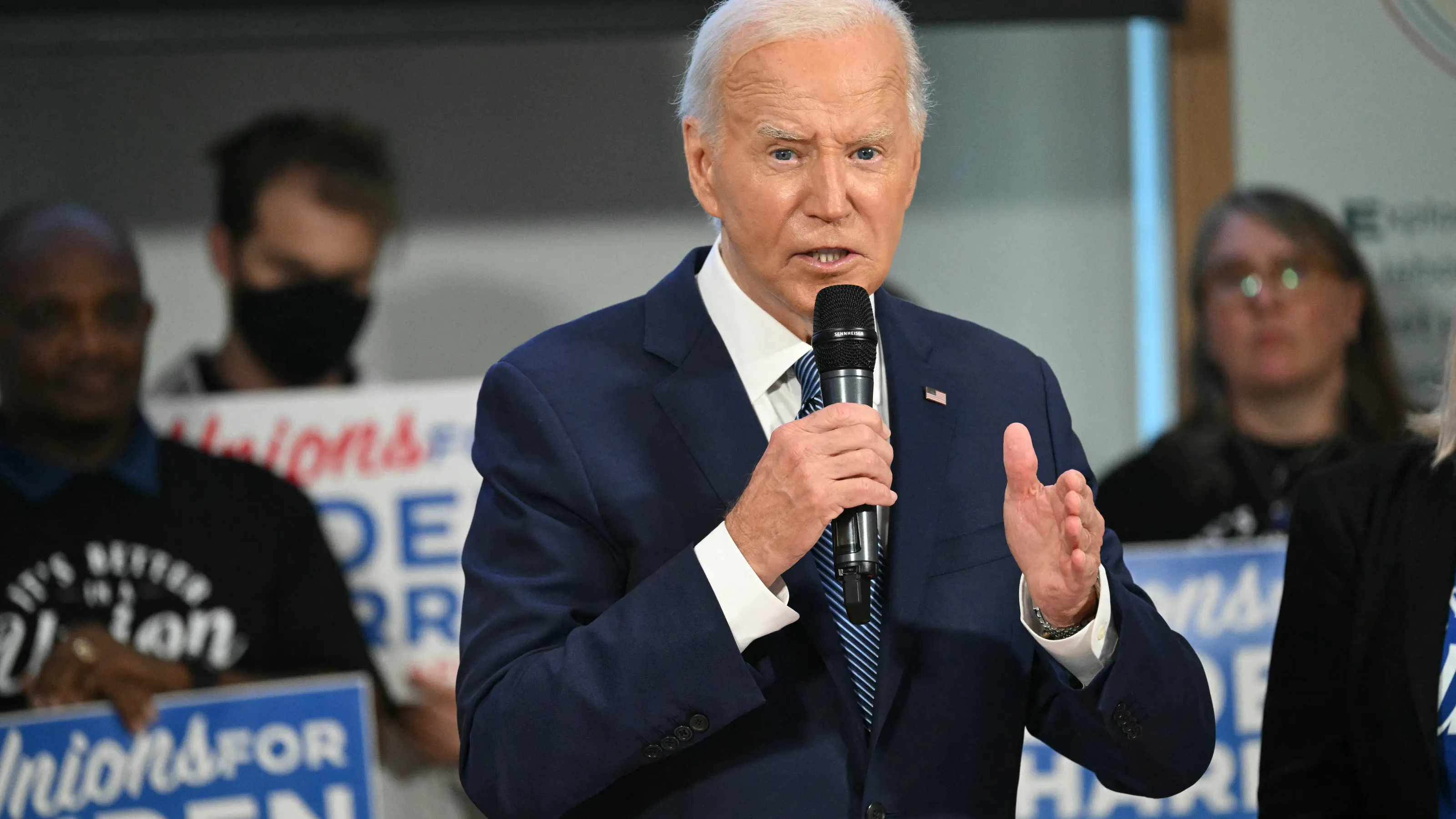Unprecedented Mortality Rates Signal Public Health Crisis
The latest provisional data from the CDC reveals a staggering increase in mortality rates across the United States, with over 1 million lives lost in 2023 alone. This marks a shocking trend that reflects the dire state of public health in a nation that consistently lags behind its peers in healthcare access and equity. The data indicates that the death rate has risen compared to 2022, highlighting systemic failures that demand urgent attention.
Racial Disparities Exposed in Mortality Trends
According to the findings from the National Center for Health Statistics, racial and ethnic minorities continue to bear the brunt of this crisis. Black Americans, for example, are disproportionately affected, suffering from higher mortality rates due to longstanding inequities in healthcare access and quality. This is not merely a statistic; it represents lives lost due to a system that has failed to protect its most vulnerable citizens.

What time is Biden press conference?
Implications for Public Health Policy
The implications of these mortality trends are profound. With the U.S. healthcare system facing increased scrutiny, especially in the wake of the pandemic, policymakers must prioritize reform that addresses the root causes of these disparities. The data indicates a dire need for comprehensive healthcare policies that ensure equitable access for all, particularly for marginalized communities. As reported by the CDC, the lack of access to preventive care is a critical factor contributing to higher mortality rates.
Healthcare Access Remains a Major Barrier
Access to healthcare has long been a contentious issue in the U.S., and the latest statistics underscore the urgency of addressing this barrier. Many Americans still face challenges in obtaining necessary medical services, leading to delayed diagnoses and inadequate treatment. According to FastStats, millions lack health insurance or live in areas with limited healthcare resources, exacerbating health disparities. The federal and state governments must take decisive action to dismantle these barriers and promote healthcare as a fundamental right.

Building 10 Complex
Urgent Need for Pandemic Preparedness
The ongoing mortality crisis serves as a stark reminder of the necessity for robust pandemic preparedness. The lessons learned from COVID-19 must not be forgotten; rather, they should inform a more proactive approach to public health. The CDC"s recent data highlights the need for improved surveillance systems and rapid response frameworks that can better protect populations from future health threats.
As we delve deeper into these troubling statistics, it is imperative that we advocate for policies that not only address the immediate mortality crisis but also lay the groundwork for a more equitable and just healthcare system. The health of our nation depends on it.

![[Video] Anti-ICE Protester Pepper Sprayed as CBP Agents Disperse Crowd in Minneapolis](/_next/image?url=%2Fapi%2Fimage%2Fthumbnails%2Fthumbnail-1768260677127-y71sb7-thumbnail.jpg&w=3840&q=75)

![[Video] Several injured as U-Haul truck drives through Iranian protestors in Los Angeles](/_next/image?url=%2Fapi%2Fimage%2Fthumbnails%2Fthumbnail-1768176682028-q95y6j-thumbnail.jpg&w=3840&q=75)
![[Video] Scuffle breaks out between Trump supporters and Anti-ICE protesters in Times Square](/_next/image?url=%2Fapi%2Fimage%2Fthumbnails%2Fthumbnail-1768165958203-hgcgb-thumbnail.jpg&w=3840&q=75)


![[Video] Gunfire between Iraqi security forces and Sadr militias in Baghdad](/_next/image?url=%2Fapi%2Fimage%2Fthumbnails%2Fthumbnail-1768343508874-4redb-thumbnail.jpg&w=3840&q=75)
